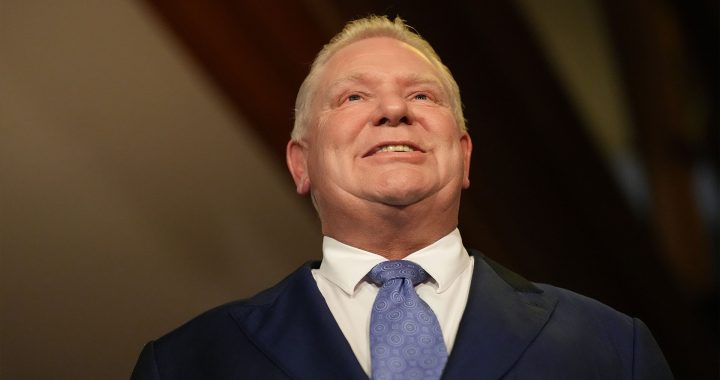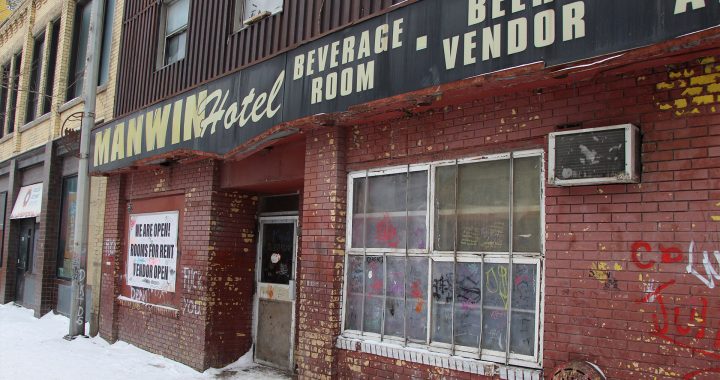Ahousaht First Nation on Vancouver Island is strengthening its governance and economic development in their traditional territory through tourism.
The First Nation is partnering with the B.C. government to reopen Maquinna Park, which has been closed since the start of the COVID-19 pandemic.
While it was closed, nearly a $1-million was spent replacing the trail and boardwalk that leads to the park’s natural hot springs.
The project was partly funded through Stronger B.C.’s Economic Recovery Plan.
In an interview with APTN News, Tyson Atleo, director of one of Ahousaht’s economic branches, Maaqutusiis Hahoulthee Stewardship Society (MHSS), said he’s been working B.C. Parks to make improvements.
He said the park reopening will provide visitors with a look at their cultural values and uses of the area.
“The Maaqutusiis Hahoulthee Stewardship Society, the society that has represented the stewardship and development interests of the Ahousaht nation and is led by the hereditary chiefs, took over the park management agreement for Maquinna Marine Park, which led us to working jointly with the B.C. Parks in developing new infrastructure and essentially a new strategy for park management,” he said.
According to B.C. Parks, nearly 30,000 visitors come to Maquinna Marine Park each year.
Josie Osborne, B.C., MLA for Mid Island-Pacific Rim, said the partnership is part of a step forward for the nation’s governance goals.
“This shared path forward will strengthen Ahousaht governance over their land, while stewarding and caring for a park that is deeply valued by local residents and visitors alike,” she said in a statement.
Ahousaht said it has historically been marginalized from the Clayoquot Sound economy and have been taking steps to get more control over their lands for the benefit of their people.
The First Nation plans to introduce the Ahousaht Stewardship Fund, a voluntary fee that will go to the nation for their work managing the park.
Atleo says the local tourism community has been supportive of the new changes.
He added that the changes would help them increase their park management plans and share who they are as a nation with tourists from all around the world.
“It created opportunities for our guardian program to establish a respected presence amongst the tourism community and generally with visitors from around the world so we can show people who we are and what we represent as a community and fulfill our rightful place in stewarding our natural assets once again,” he said.
Atleo said Maquinna Marine park is located in a coastal temperate rainforest, and they need to work with their partners to preserve it.
“The health and well-being of our community and our environment are interrelated; we can’t have one without the other, so we need to develop in terms of economic opportunity in a way that is reflective of that balance, “ he said.











